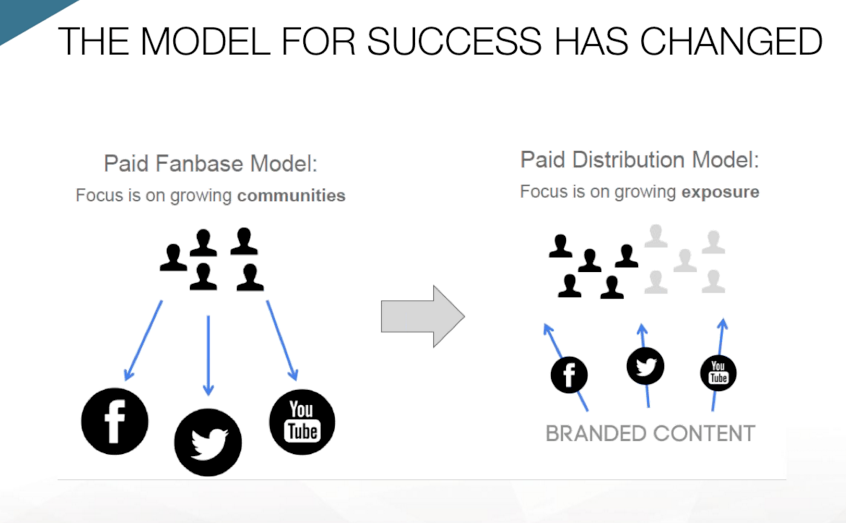The six lies that employers will most often tell you
- Get link
- X
- Other Apps
By: Peter Harris
There is no shortage of people who will advise you to be scrupulously honest on your resume and to always tell the truth to employers when you’re looking for a job. But the fact is, those same potential bosses are going to lie to you.
Employers commonly tell you as many white lies as necessary to protect themselves or avoid awkwardness. Here are some of the falsehoods you’re almost certain to hear while on the job hunt. [See also: The five times you should lie to employers.]
Six lies that employers will tell you:
There is no shortage of people who will advise you to be scrupulously honest on your resume and to always tell the truth to employers when you’re looking for a job. But the fact is, those same potential bosses are going to lie to you.
Employers commonly tell you as many white lies as necessary to protect themselves or avoid awkwardness. Here are some of the falsehoods you’re almost certain to hear while on the job hunt. [See also: The five times you should lie to employers.]
Six lies that employers will tell you:
- The salary for the position depends on experience (or is non-negotiable). While it is probably true that the hiring manager has been given a budget for a role – salaries are almost always negotiable. And leaving out regulations in unionized environments, salaries aren’t actually based on ‘experience.’ They’re based on how much the employer wants to hire you. If a company thinks that you will be a great asset to their team, and can bring in great value, they’ll negotiate a much higher pay rate in order to bring you on board. This is based on your accomplishments and market value, not your number of years on the job.
We’ll keep you in mind for future positions. Intentions might be good, but unless the person hired over you implodes quickly, this employer isn’t likely to go sifting through the resumes of candidates they didn’t choose last time for their next availability. If you’ve applied to a company and a year later you see a new job that you’re interested in posted, apply again. Don’t count on someone finding your resume ‘on file’ for the job.
We’ve found a more qualified candidate. Actually, the most-qualified candidate rarely gets hired. What more likely happened is that the company found another applicant who they felt was a better fit with the team. Hiring managers chose people that they like and who they think that they will enjoy working with the most.
You seem like a great fit, we just have a few more candidates to speak with still. While this sounds promising, I wouldn’t recommend calling off your job search in order to stay home and wait by the phone. Keep looking until you’ve signed a contract. This is just as likely to mean that the employer wasn’t blown away by your candidacy, but they want to keep you on the hook in case a stronger applicant doesn’t turn up. You’re Plan B.
We’ll make a final decision once we’ve spoken with your references. The employer will in fact be checking your references at this point before making you a firm offer. What they don’t say is that they will also be asking around their networks to see if anyone knows someone who has worked with you in the past. They’ll be Googling you, and they’ll be checking your social media profiles. Red flags in any of these can derail your chances.
We’ll be in touch shortly. They might be in touch shortly. Their intentions are probably good. But hiring often takes longer than employers think. Budgets need to be approved and are often tweaked or cut with little or no notice. Stakeholders have to approve new headcounts. 44% of candidates say that they never heard back from the employer at all after their most recent interview. Which is just rude.
- Get link
- X
- Other Apps


Comments
Post a Comment